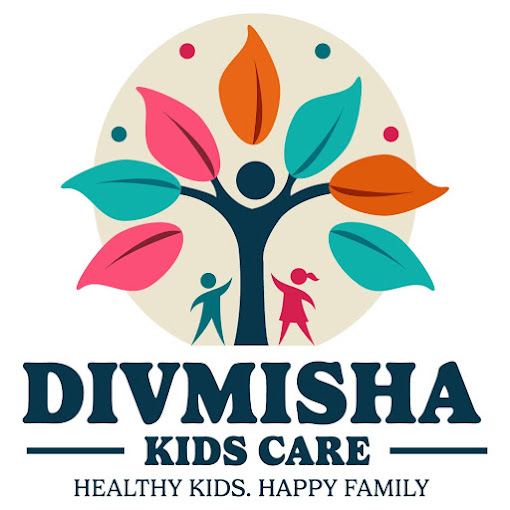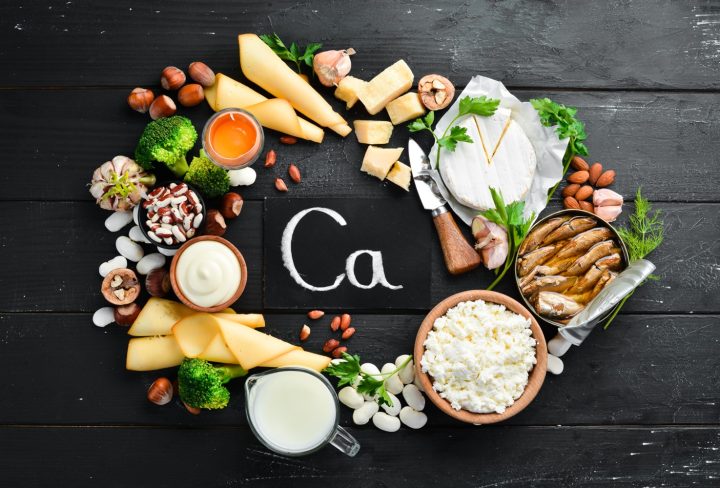Calcium, often associated with dairy products, plays a crucial role in supporting growing bodies, especially in kids. However, for those who are lactose intolerant, follow a vegan diet, or have dietary preferences, alternative sources of calcium become essential. In this blog, we’ll delve into why calcium is needed, its importance for kids, and discover alternative sources that ensure optimal growth.
Why Calcium is Needed: Calcium isn’t just about building strong bones and teeth; it’s a mineral that’s vital for various bodily functions. From muscle contraction and nerve transmission to blood clotting and heartbeat regulation, calcium plays a pivotal role. In growing children, calcium is essential for bone development, ensuring that they have a sturdy framework for a lifetime.
Calcium’s Importance for Kids: During childhood, bones are constantly growing and remodeling. Calcium serves as the primary building block for this process. Adequate calcium intake during this period not only supports bone health but also influences muscle development, nerve function, and overall growth. Children with insufficient calcium intake may face a higher risk of fractures and weakened bones, which can have long-term effects on their health.
How Much Calcium Do Kids Need? The recommended daily calcium intake varies based on age groups. Infants (0-6 months) require around 200 mg, while infants aged 7-12 months need 260 mg. For children aged 1-3 years, 700 mg of calcium is recommended, which increases to 1000 mg for those aged 4-8 years. As kids transition into adolescence (9-18 years), their requirement rises to 1300 mg daily. These values emphasize the importance of meeting calcium needs during critical growth phases.
Exploring Alternative Calcium Sources: For children who can’t rely on dairy or choose not to consume animal products, alternative calcium sources are essential. Here are some excellent options to consider:
- Leafy Greens: Vegetables like spinach, kale, and collard greens are not only rich in calcium but also provide vitamins and minerals crucial for overall health.
- Fortified Foods: Many foods like orange juice, cereals, and plant-based milk are fortified with calcium to ensure adequate intake, making them valuable choices.
- Beans and Legumes: Chickpeas, lentils, black beans, and other legumes are not only excellent sources of plant-based protein but also contain appreciable amounts of calcium.
- Nuts and Seeds: Almonds, chia seeds, and sesame seeds are packed with nutrients, including calcium, making them a great addition to your child’s diet.
- Fish with Edible Bones: Fish such as sardines and canned salmon that are consumed with their bones provide an extra boost of calcium.
Promoting Healthy Growth: Understanding the importance of calcium and the availability of alternative sources is essential for ensuring your child’s healthy development. Whether due to dietary preferences or lactose intolerance, these alternatives can bridge the gap and support optimal growth.
Calcium isn’t a nutrient to be overlooked, especially in the early years of life. It’s the foundation upon which strong bones, muscles, and overall health are built. By incorporating alternative calcium sources into your child’s diet, you can provide them with the necessary nutrients for a promising future. Remember, healthy bones today mean a healthier life tomorrow.



